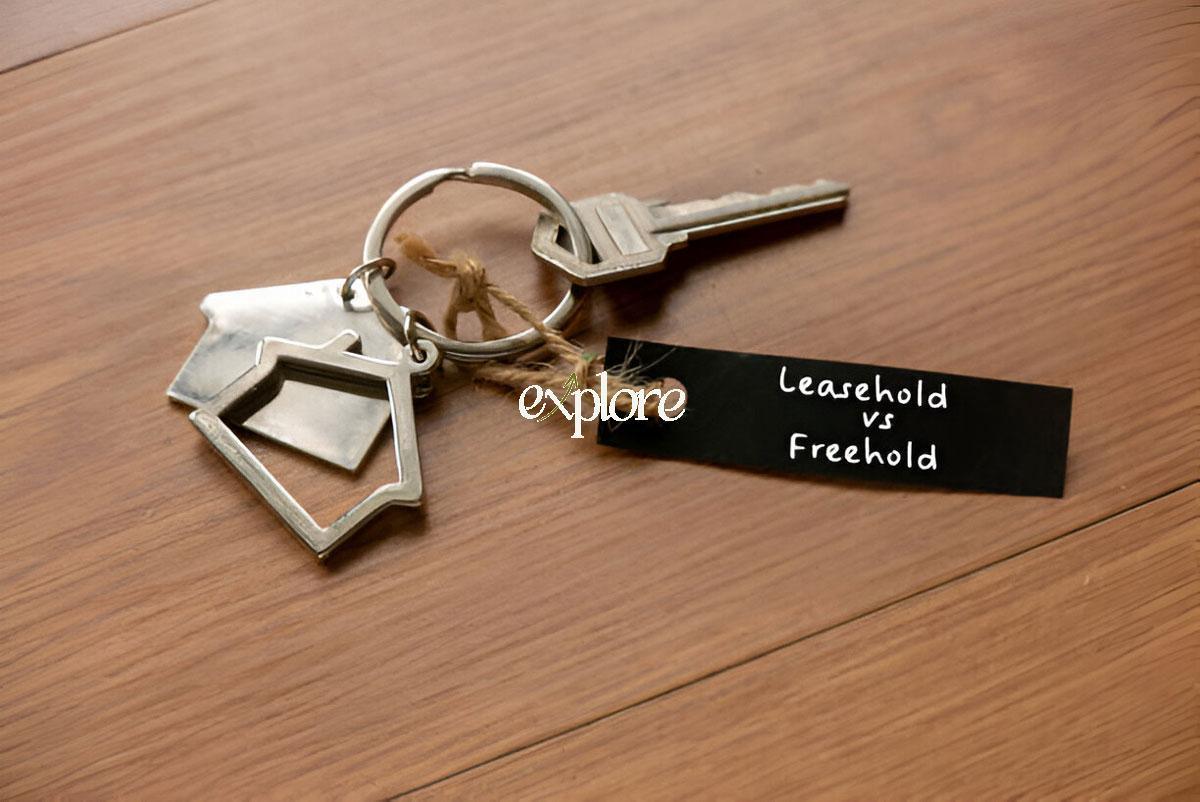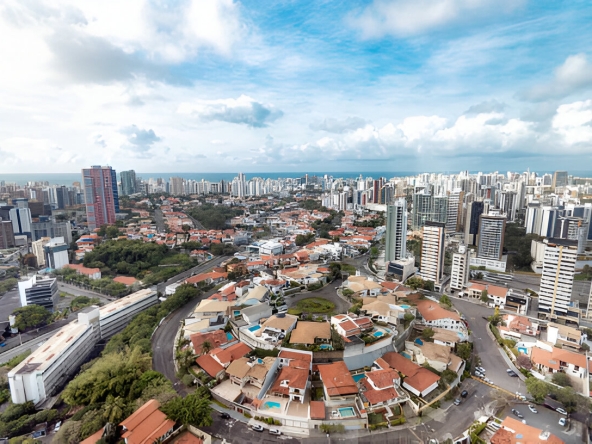When considering property ownership in Malaysia, understanding the differences between freehold and leasehold property is crucial. Each option has unique characteristics that can significantly impact your investment and lifestyle decisions. This guide breaks down everything you need to know about freehold vs. leasehold property, helping you make an informed choice.
Freehold Property: Ownership That Lasts a Lifetime
Freehold property grants the owner full ownership of the land and building indefinitely. This type of property is highly sought after in Malaysia due to its permanence. Owners are not bound by any lease agreements and can pass the property down to future generations without restrictions.
The flexibility of freehold properties often makes them a popular choice among buyers. Since there are fewer limitations, these properties typically appreciate more over time. However, they are often priced higher than leasehold alternatives due to their desirability and limited availability.

Leasehold Property: What You Need to Know
Leasehold property, on the other hand, is owned for a specific period, usually 99 years, but some leases can extend up to 60 or 120 years. After the lease expires, ownership reverts to the state unless an extension is granted, which often comes with additional fees.
This type of property is more affordable than freehold, making it an attractive choice for first-time buyers. However, potential buyers should factor in the shorter tenure and the implications of lease renewal into their long-term plans.

Key Advantages of Freehold Properties
- Unlimited Ownership: Freehold properties come with no expiry date, giving buyers peace of mind regarding ownership security.
- Higher Resale Value: The market generally favors freehold properties, making them easier to sell and more likely to appreciate in value.
Pros and Cons of Leasehold Properties
- Affordability: Leasehold properties are more budget-friendly, providing access to better locations at a lower price point.
- Renewal Uncertainty: Extending the lease can be costly and complicated, with no guaranteed approval from the authorities.
Legal Considerations for Freehold vs. Leasehold Property
Before purchasing a property, it’s essential to understand the legal framework surrounding both types. Freehold ownership is straightforward, with minimal state intervention unless the government exercises its right to acquire land for public use.
Leasehold properties require additional legal diligence. Buyers must ensure they understand the lease duration, potential extension costs, and restrictions that could impact property usage. For more information, consult the National Land Code on the Malaysian Land Office website.

Factors Influencing Your Decision
When deciding between freehold vs. leasehold property, consider your budget, investment goals, and personal preferences. Freehold properties offer long-term security and freedom, making them ideal for those looking to establish generational wealth.
Leasehold properties are suitable for those seeking affordability and accessibility. They can be a practical choice for short- to medium-term investments, especially in prime urban areas where freehold options are scarce.
Understanding Property Appreciation
The potential for capital appreciation varies between freehold and leasehold properties. Freehold properties are generally more likely to appreciate over time due to their perpetual ownership. This makes them a stable investment for those seeking long-term gains.
In contrast, leasehold properties may see slower appreciation rates, particularly as the lease period shortens. To maximize returns, buyers should consider properties with longer lease terms or in locations with high demand.
Government Guidelines on Property Ownership
The Malaysian government provides comprehensive resources to help buyers navigate the property market. For detailed guidelines on property ownership laws, visit the Malaysian Ministry of Housing and Local Government website.
Additionally, international investors can explore guidelines on property purchases in Malaysia through Forbes and Investopedia. These platforms offer valuable insights into global property investment trends.
Final Thoughts: Which Property Type is Right for You?
Ultimately, the decision between freehold vs. leasehold property depends on your financial goals and lifestyle needs. Freehold properties offer unmatched ownership security and investment potential, making them the preferred choice for long-term buyers.
Leasehold properties, on the other hand, provide affordability and access to desirable locations, particularly in urban areas. For those willing to navigate lease renewal complexities, this option can be a smart and cost-effective solution.
Ready to explore property ownership in Malaysia? Contact Explore Malaysia today for expert guidance tailored to your needs. Let us help you make your property journey a seamless and rewarding experience!







